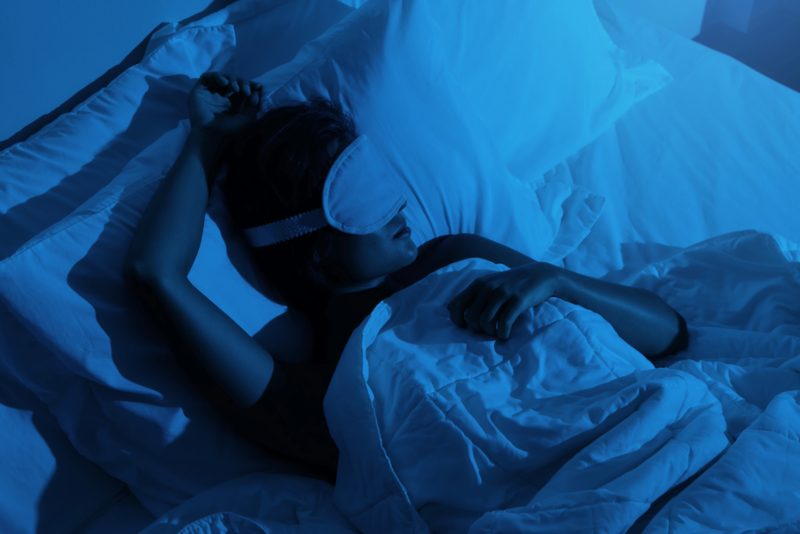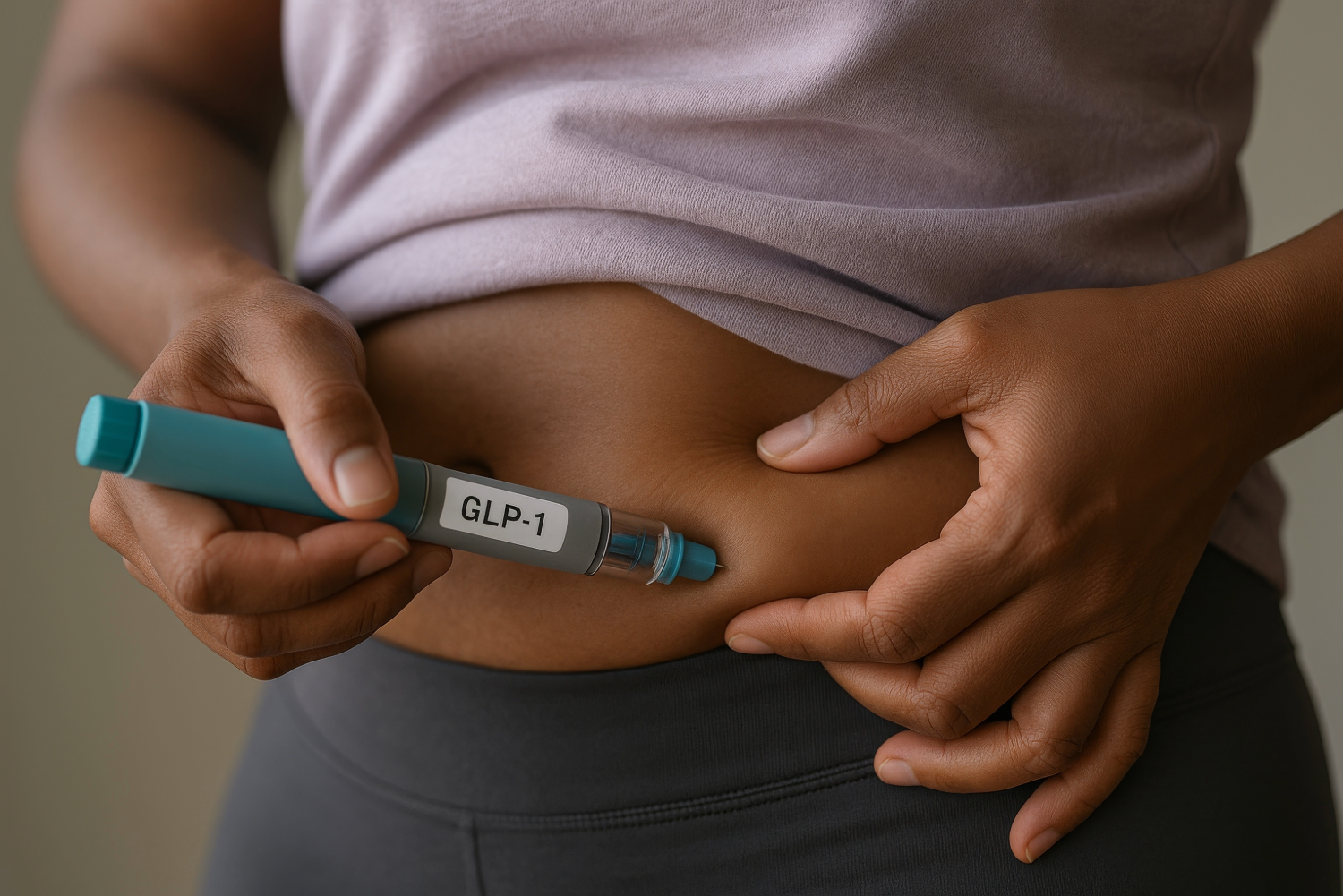News
The Power of Sleep

One of the most powerful longevity practices also happens to be completely free…good SLEEP! To achieve quality sleep, aim to routinely sleep 7 to 9 hours per night. This should leave you feeling refreshed upon awakening. Good sleep can help protect cardiovascular and cognitive function, control your blood sugar levels, reduce the risk for certain forms of cancer, decrease risk for anxiety and depression, improve safety while operating a motor vehicle, regulate hunger, improve your learning aptitude and performance at work, and much more.
If you are still not convinced about the power of sleep or would like to learn more, check out Dr. Matthew Walker’s book Why We Sleep. In his book, he provides “Twelve Tips for Healthy Sleep”:
- Stick to a sleep schedule
- Exercise (but not too late in the day)
- Avoid caffeine and nicotine. The effects of caffeine can last as long as 8 hours, so if you need that cup of coffee, limit it to the morning.
- Avoid alcoholic drinks before bed
- Avoid large meals and beverages late at night
- If possible, avoid medicines that delay or disrupt your sleep. If needed, work with your provider to identify on ideal time to take your medications that reduces its impact on sleep.
- Don’t take naps after 3 p.m.
- Relax before bed
- Take a hot bath before bed
- Dark bedroom, cool bedroom, gadget-free bedroom
- Get outside in the natural sunlight for at least 30 minutes a day.
- Don’t lie in bed awake. If you can’t sleep, get up and do some relaxing activity until you feel sleepy.
Looking to level up your lifestyle and longevity?
Join Vail Health, April 20-27, 2024 in beautiful Costa Rica for a life-changing retreat focused on wellness, physical fitness, nutrition and behavioral health. Guided by your own personal goals and evidence-based research, our experts will lead participants through a one-of-a-kind, integrative adventure towards a healthier, more fulfilling life.LEARN MORE >
More News
-
New!
More

The Heart of It All: How Cardiovascular Health Shapes Longevity
Most of us know a healthy heart will increase our chances for a long and vital life, but how many of us truly understand how to live for a healthy heart? According to the American Heart Association, heart disease remains the number one cause of death, for both men and women, in the United States.
-
New!
More

GLP-1s and Your Health Journey: What You Need to Know
Interest in GLP-1 agonist medications, once used almost exclusively for diabetes, is soaring. Now widely referred to as weight loss injections, drugs like semaglutide (Ozempic, Wegovy) and tirzepatide (Mounjaro, Zepbound) are ubiquitous in celebrity chatter, social media and everyday patient conversations. But as demand grows, it’s increasingly important to separate hype from reality. Who qualifies for these drugs under FDA guidelines? When are they helpful? And when might carefully supported lifestyle changes offer a safer or more sustainable path?
-
New!
More

Back on the Slopes: How to Recover Physically and Mentally After a Ski or Snowboard Injury
Living in a ski town, injury is inevitable. Recovery isn’t just about regaining strength, it’s about building trust in your body. The best path back to skiing blends physical training with mental conditioning, patience with persistence. With the expert teams at Vail Health - from Howard Head Sports Medicine to Vail Health Behavioral Health - recovery is more than healing; it’s coming back stronger, smarter and more confident than before.





